We all know the significance of food in our lives. It’s not just a way to survive, it’s known to be a cure for bad mood, a cultural identity and a way of connecting with others. Food enthusiasts claim that food goes to the soul, but did you know it has links with the mind as well?
Here are some research conclusions from food psychology experiments that’ll help you understand your food and yourself better:
1. Feel full? You don’t have a way of knowing it!
We tend to believe that the intensity of our hunger pangs determine the quantity of food eaten. While it holds true, visual factors like plate size and serving spoons also affect our food intake.
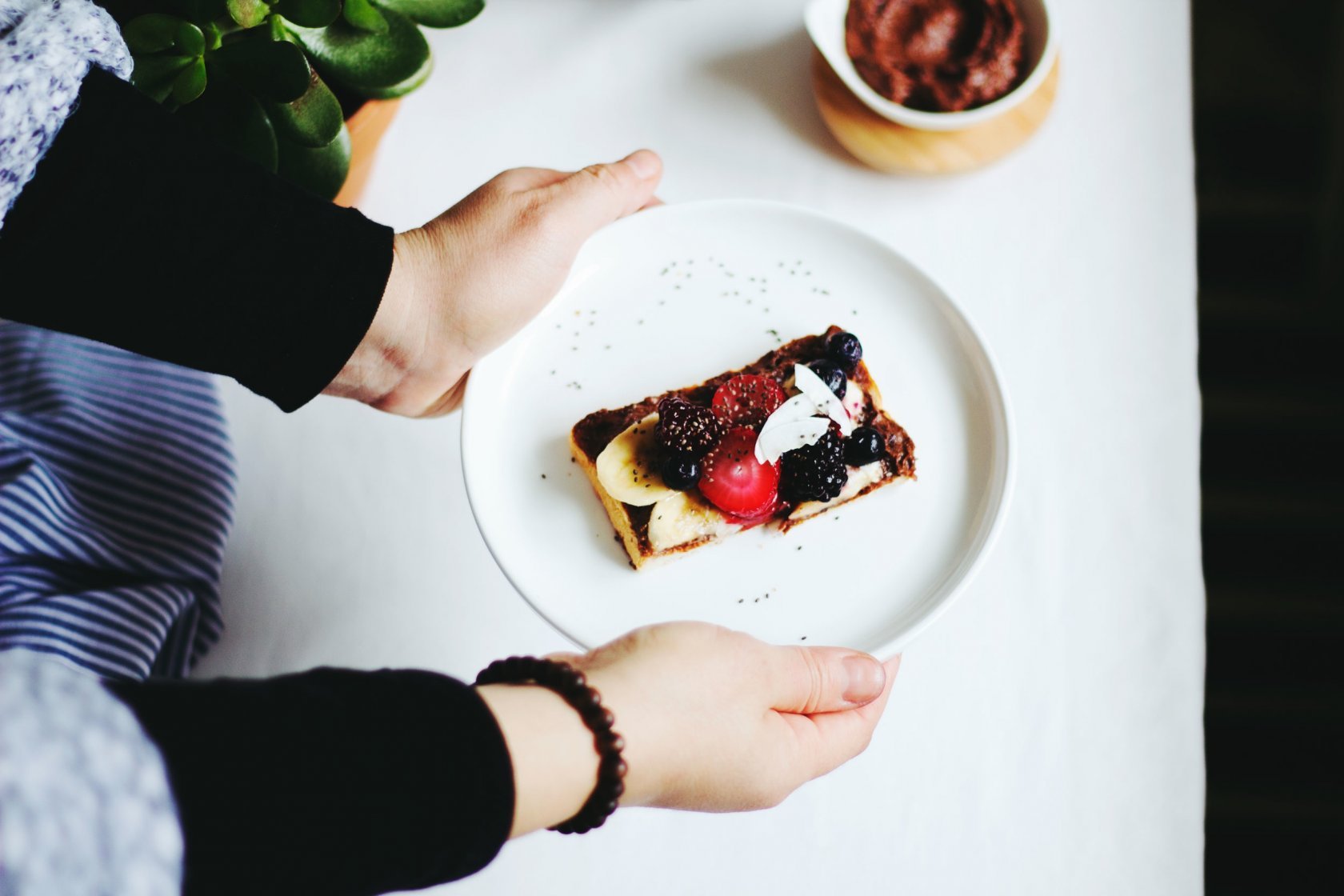
2. Fat equals bad? Not necessarily.
It’s a widely believed notion that food with high-fat content is bad. This leads to people consuming large amounts of low-fat food as opposed to small snacks containing fat. Being bigger in size, the low-fat meal gives you more calories.
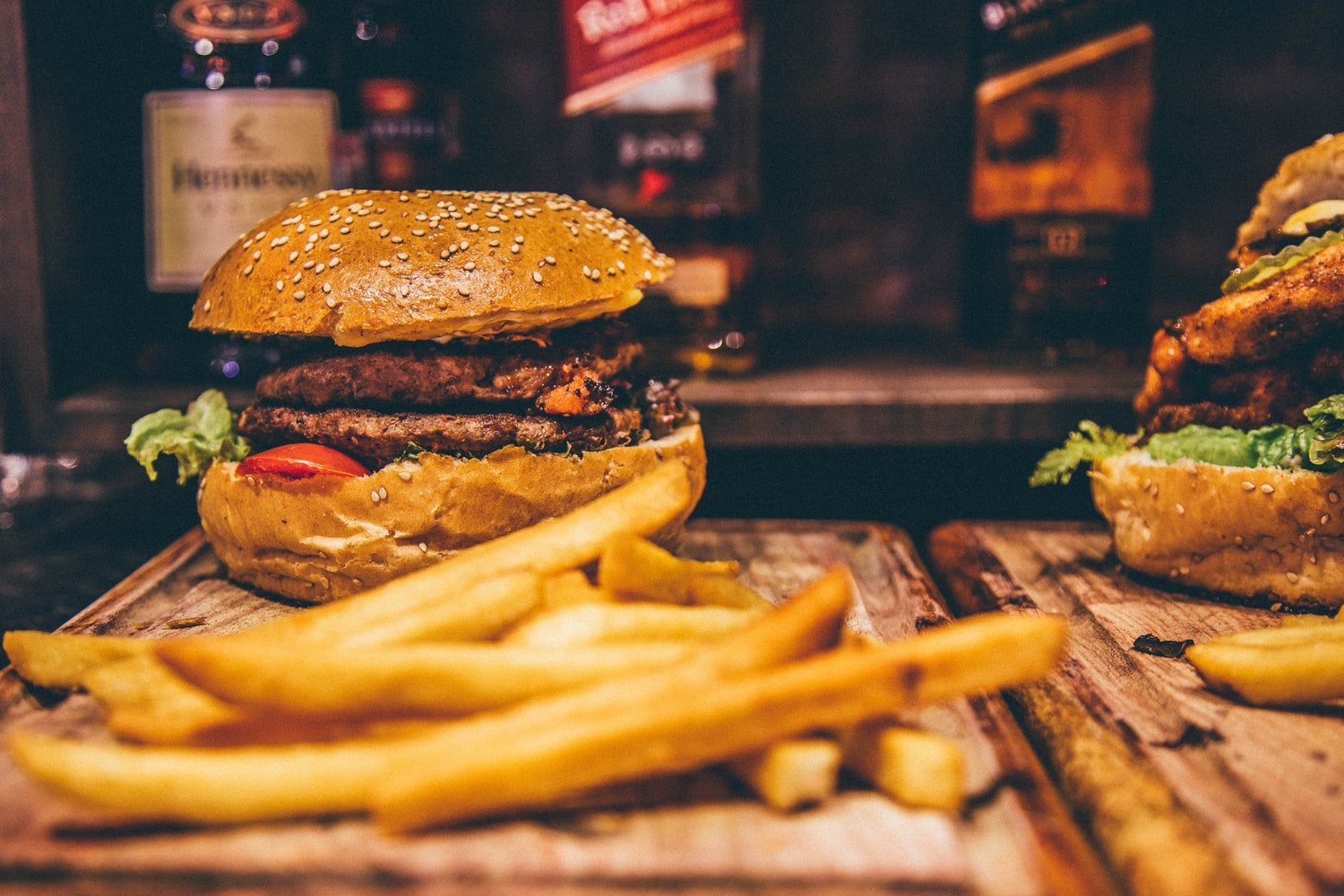
3. ‘It’s not just lunch’, it evokes jealousy!
If you have lunch with your ex, it affects your partner more than it would in case you had coffee or talked to them on phone. Eating together is a way to bond and having lunch can trigger jealousy.

4. As we age, taste fades away.
With age, taste sensation weakens and people might need about 2 to 9 times more condiment like salt for experiencing the actual taste. This happens due to fewer taste buds and loss of sense of smell which is crucial to the taste one experiences.

Check Out – Dishes From Hyderabad That You Must Try
5. Depending on context, food tastes different.
There are foods one might eat or refuse based on context. Our perceived taste of what’s in front of us is influenced by time of the day, the people around us and the place we are at, among others.

6. What you order is influenced by server’s health.
People on a diet are more likely to eat unhealthy if the food is served by a fat person. This roots from their unconscious thought that if this plump person can eat, so can they. The body-type of the server acts a permission to overeat.

7. Our eating more has social ties.
Society influences how much we eat. We tend to eat more if people around us eat more. Also, societal norms can dictate our food. For example, muscular men eat big meals with high protein and women take small meals.
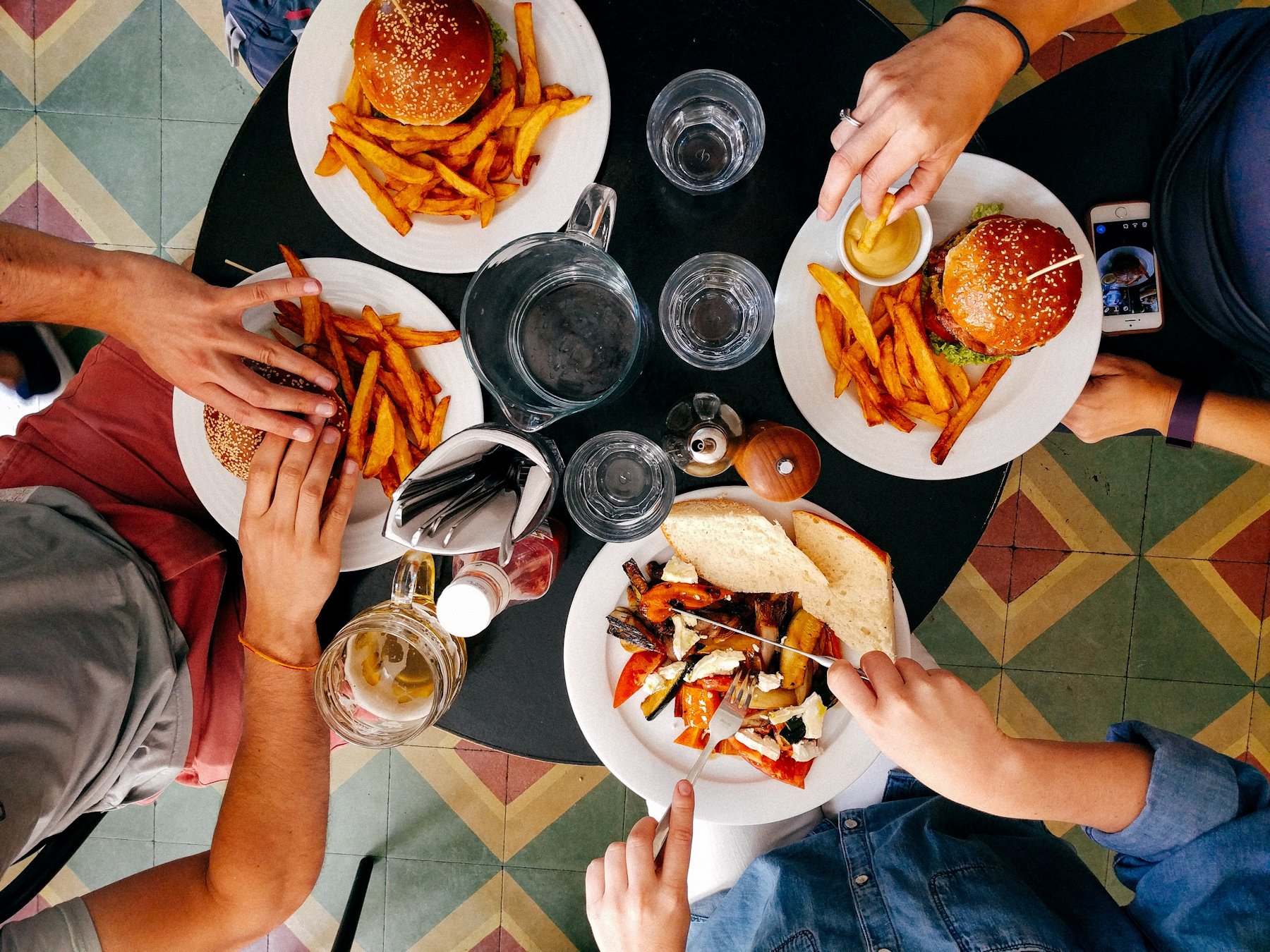
8. Habits overrule eating intentions.
On an average, what we end up eating is a product of our habits than our preferences or intentions. Our daily life situations shape our eating habits and whether we like them or not, we tend to eat according to them.
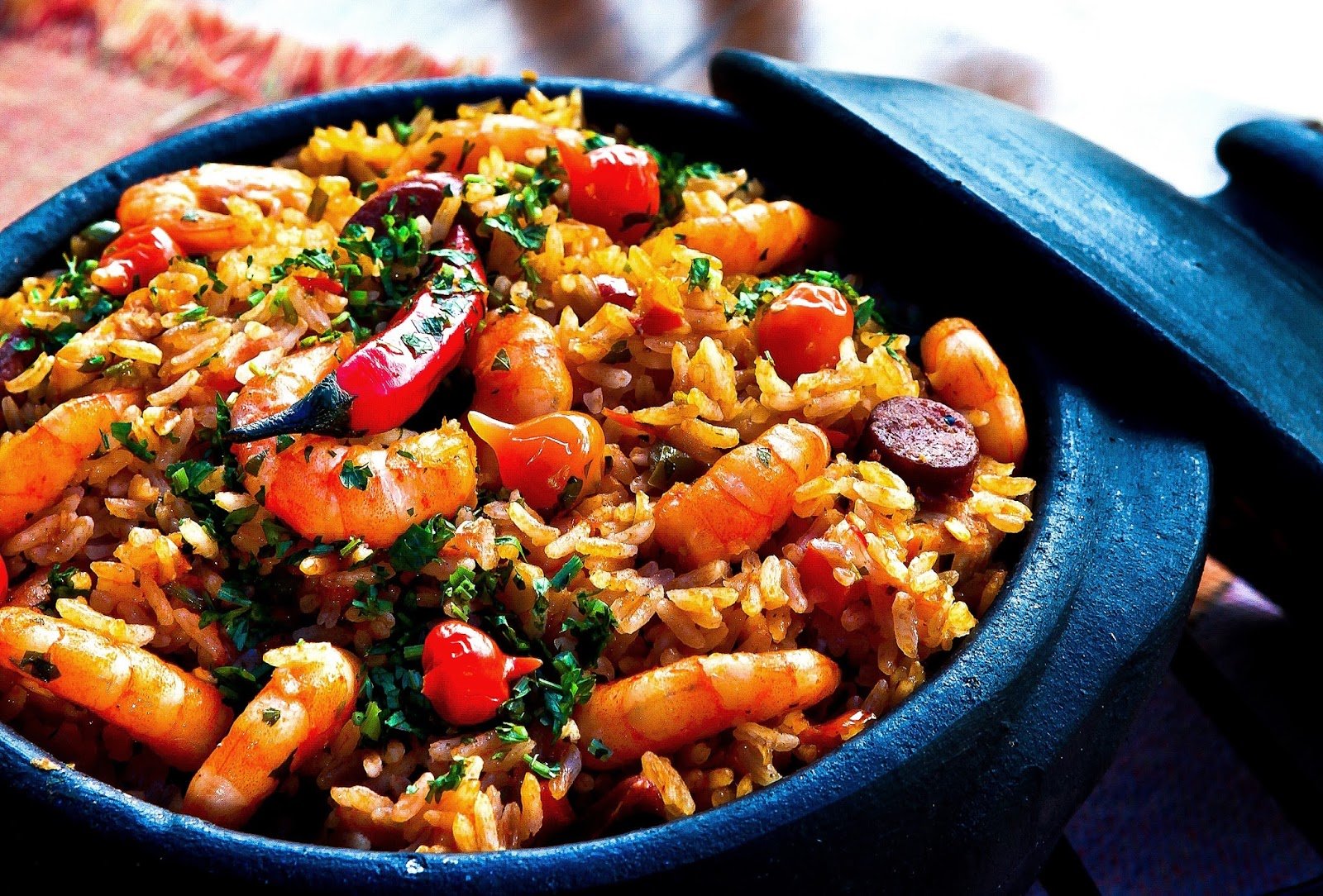
9. Distracted eating leads to overeating.
Just gobbling up food while our minds wander tends to make us eat more. For example, eating while having a conversation or watching television. On the other hand, mindful eating is more pleasurable and satisfactory.
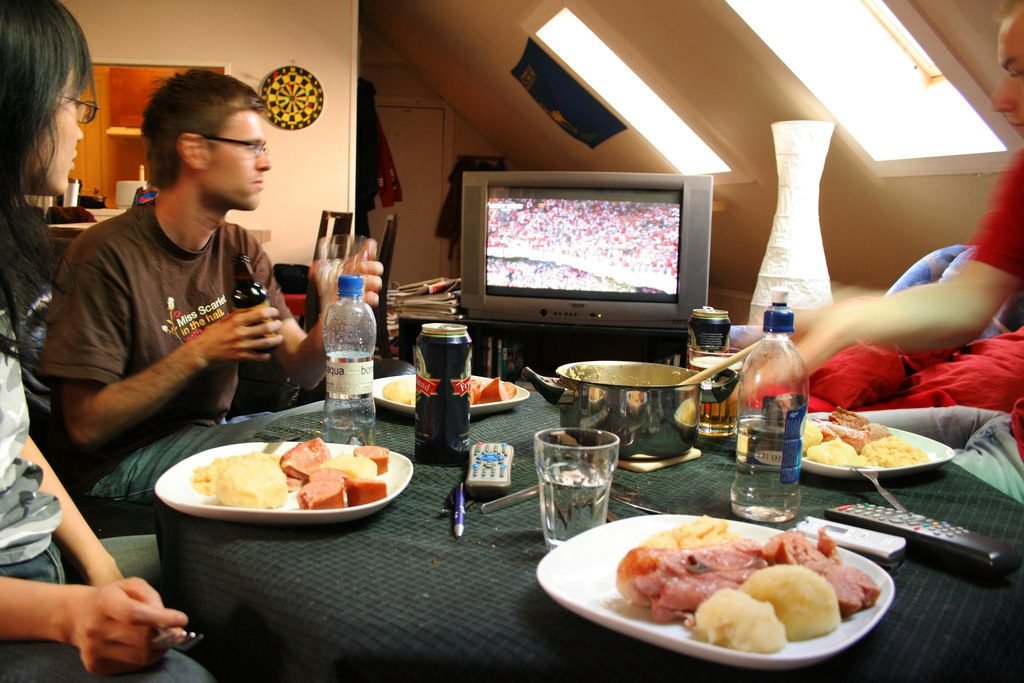
10. Suppression of food thoughts results in bingeing.
Health conscious people who diet regularly and suppress food thoughts habitually are more vulnerable to giving in to food cravings leading to binge eating.
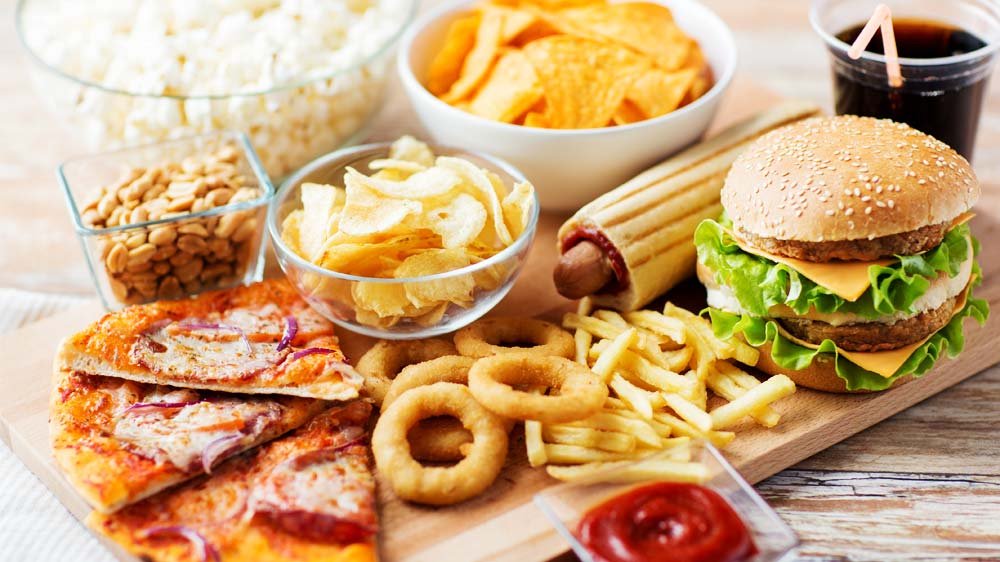
11. If it’s healthy, I can eat more!
People tend to perceive the same food as healthy or unhealthy depending upon what they are made to believe and they tend to eat more in the instance of it being called healthy. They think healthy food can be consumed in large amounts.
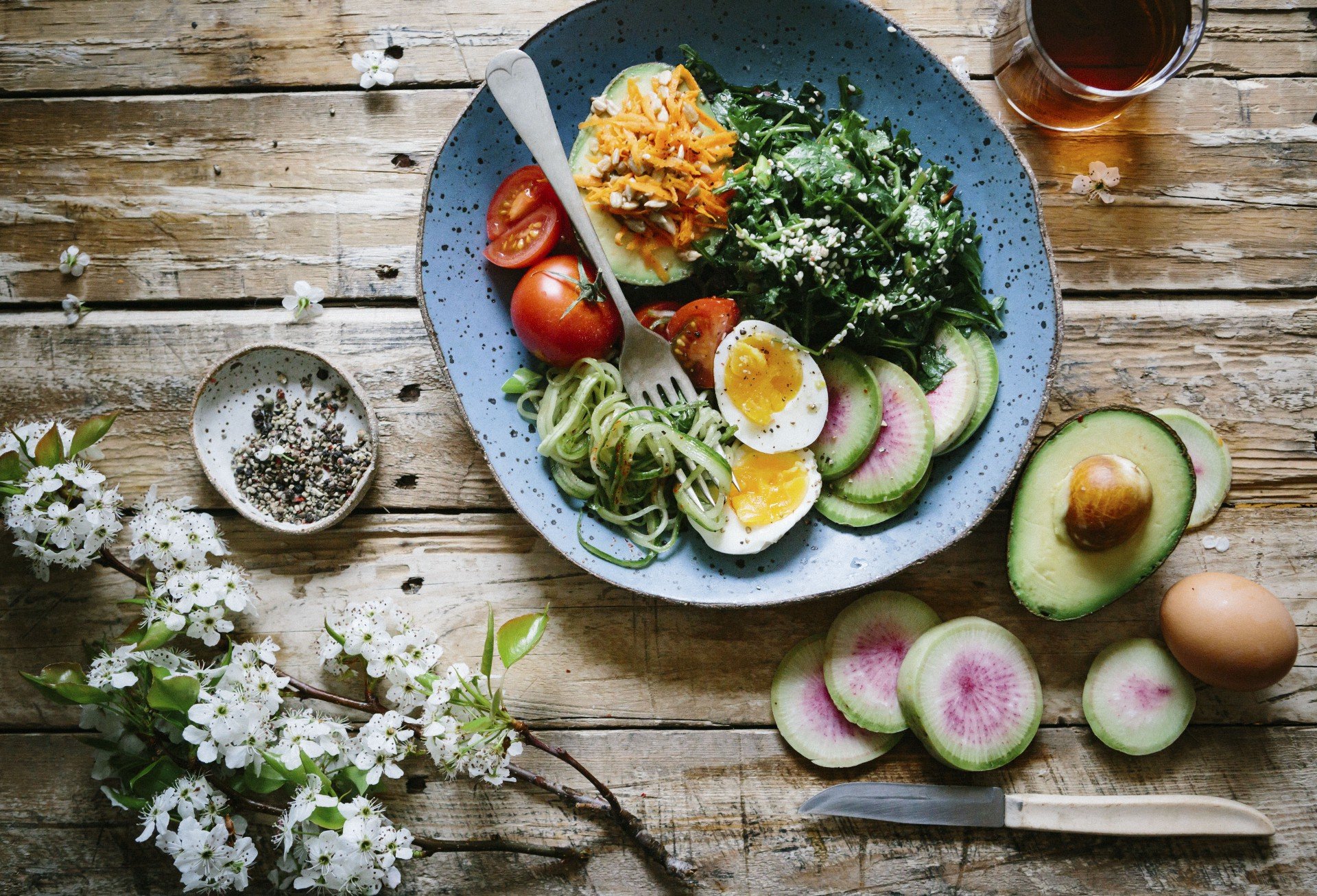
12. Full-fat foods guarantee good taste.
A person on diet might cringe at full-fat food but they’d sure as hell think it’s tasty. This tends to make people eat less if they find the food delicious.
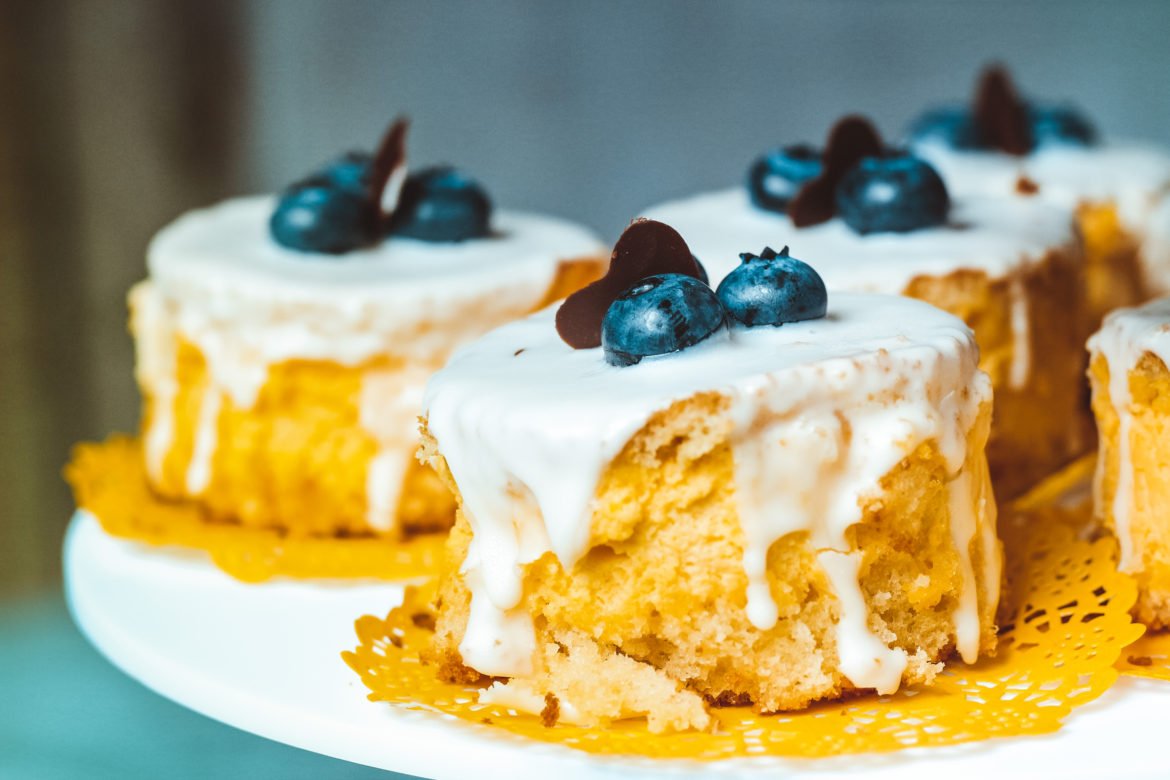
13. Eating healthy is the trick to being happy.
Healthy diet can actually uplift your spirits and improve your mood. People who eat fruits and vegetables live a more satisfied and happier life.
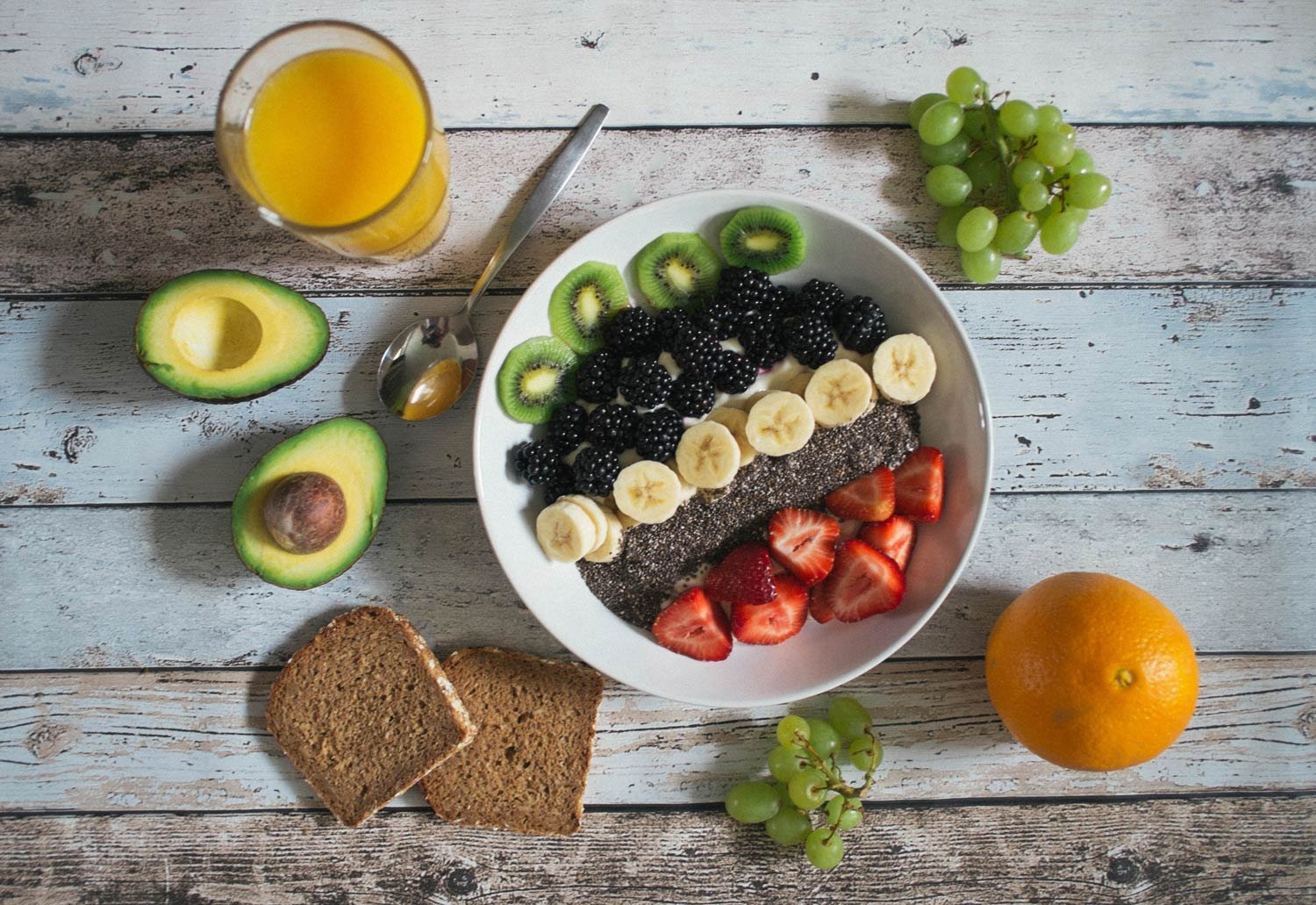
14. One tends to eat unhealthy when feeling low.
Emotional eating is when we eat because of our mood, not hunger. Our negative emotions make us reach for high-fat and sugary foods and we tend to replace proper meals with snacks.
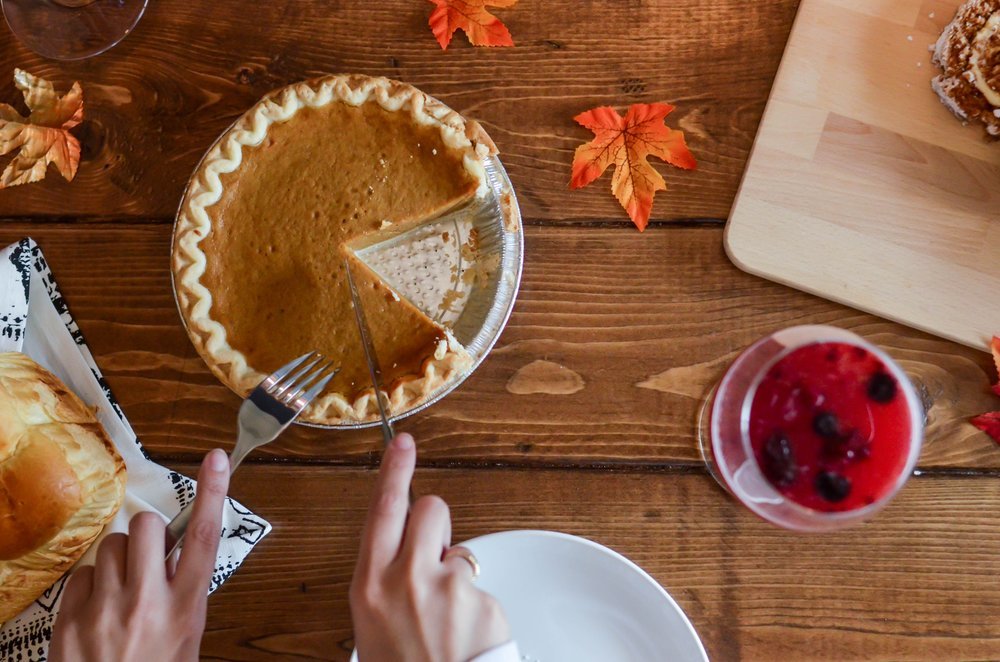
15. What others order makes us take a look at the menu again.
It so happens that we make up our mind to eat something and when we hear others ordering the same, we go for a different item. This stems from our desire to stand out and express our individuality through a different food choice.

16. Little changes trump weird crash diets!
Making small changes to your eating habits can go a long way. One needs to develop habits of using smaller plates, not eating directly from packets, putting down cutlery between bites etc instead of indulging in harsh diets to lose weight.

17. Trying all sorts of food is a matter of self-image.
There are some foods so bizarre that it makes people question who’d eat that. And yes, some of us try them in the name of experimenting and exploring. The underlying motivation here is to get recognized for being different and daring for jumping into new experiences.

18. Fancy food is always good.
Some food names and labels sound so novel and exquisite that we tend to assign high expectations to them in terms of taste. This affects how we find their taste in reality.

Food for thought and thought for food!

















